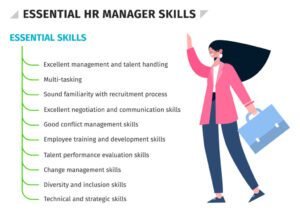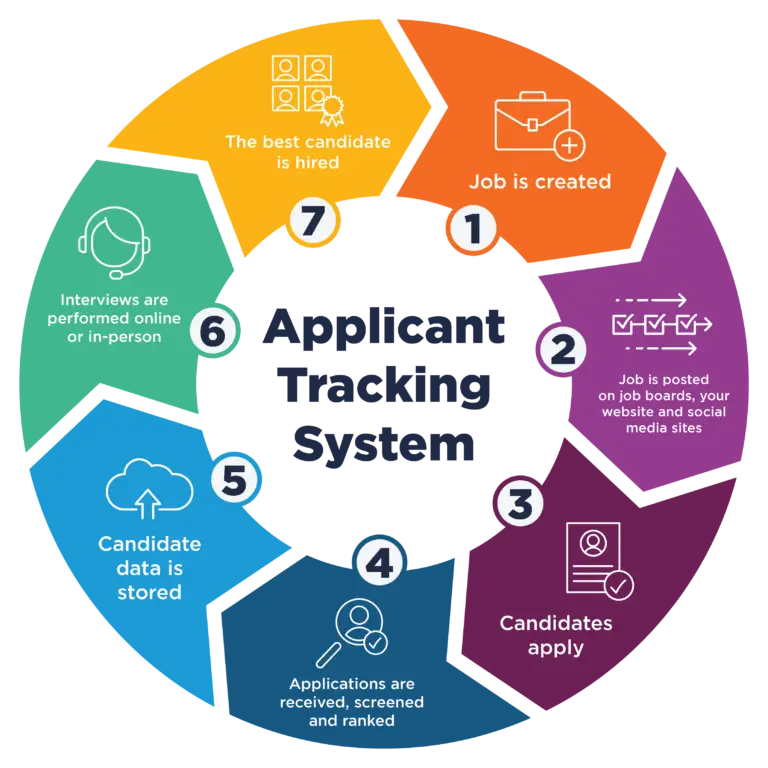Remote Human Resources Jobs: The Future of HR Careers
In today’s digital age, remote work is becoming increasingly popular across industries, and the field of human resources (HR) is no exception. The traditional notion of HR professionals working in physical offices has evolved, allowing them to operate effectively from anywhere in the world. If you’re considering a career in HR or exploring remote job opportunities, now is the perfect time to dive in. This blog will provide an in-depth look into remote human resources jobs, their benefits, required skills, and how you can excel in this growing field.
What Are Remote Human Resources Jobs?
Remote human resources jobs allow professionals to manage and support a company’s workforce without being physically present in the office. From recruiting talent to managing payroll and employee engagement, these roles leverage technology to ensure seamless HR operations.
Common remote HR roles include:
- HR Generalist: Manages day-to-day HR activities like onboarding, employee relations, and compliance.
- Recruiter: Identifies and hires top talent for the company.
- HR Business Partner: Aligns HR strategies with business goals.
- Benefits Coordinator: Oversees employee benefits programs.
- Payroll Specialist: Ensures accurate and timely salary payments.
Why Remote HR Jobs Are in High Demand
- Digital Transformation: Companies are investing in HR technologies like Applicant Tracking Systems (ATS) and HR Management Systems (HRMS), making remote work feasible.
- Global Talent Pool: Employers can now access a broader range of talent, regardless of geographical location.
- Cost-Effectiveness: Remote HR teams reduce office space and overhead costs for businesses.
- Work-Life Balance: HR professionals benefit from flexible working hours, contributing to increased productivity.
Skills Required for Remote Human Resources Jobs 
To thrive in a remote HR role, you’ll need a mix of technical and soft skills.
- Communication Skills: Strong written and verbal communication is essential to collaborate with employees and management virtually.
- Tech Proficiency: Familiarity with tools like Zoom, Slack, HRMS software, and ATS platforms is crucial.
- Time Management: Remote roles require the ability to prioritize tasks and meet deadlines efficiently.
- Empathy and Emotional Intelligence: Understanding and addressing employee concerns is key, even in a remote setting.
- Problem-Solving Abilities: Being proactive in resolving HR-related issues remotely demonstrates competence and reliability.
How to Find Remote Human Resources Jobs
Here’s a step-by-step guide to finding and securing remote HR opportunities:
1. Update Your Resume
Highlight your HR skills, remote work experience, and familiarity with HR tools. Use keywords like “remote HR,” “virtual recruiting,” and “employee engagement.”
2. Search on Job Platforms
Websites like LinkedIn, Glassdoor, Remote.co, and We Work Remotely regularly post remote HR job openings.
3. Build a Strong LinkedIn Profile
Optimize your LinkedIn profile by showcasing your HR expertise and adding a professional photo. Join HR-related groups and engage in discussions to expand your network.
4. Leverage Networking
Attend virtual HR webinars, workshops, and forums to connect with industry professionals. Networking often leads to job referrals.
5. Apply Strategically
Tailor your application for each job. Include a compelling cover letter explaining why you’re an excellent fit for the remote position.
Benefits of Working in Remote Human Resources Jobs 
- Flexibility: Work from the comfort of your home or anywhere in the world.
- Increased Productivity: Remote HR professionals often have fewer distractions, leading to better focus and efficiency.
- Global Exposure: Collaborate with diverse teams and gain insights into international HR practices.
- Cost Savings: Save on commuting expenses and other costs associated with office work.
- Better Work-Life Balance: Flexible hours allow more time for personal growth and family.
Challenges of Remote HR Jobs
While remote HR roles offer numerous advantages, they also come with challenges:
- Communication Gaps: Misunderstandings can arise without face-to-face interactions.
- Employee Engagement: Keeping employees motivated and connected remotely can be difficult.
- Tech Dependence: Downtime or technical issues can disrupt workflows.
To overcome these challenges, HR professionals must prioritize clear communication, use reliable technology, and implement virtual team-building activities.
Future Trends in Remote Human Resources Jobs
- AI Integration: Artificial intelligence is enhancing recruitment processes, enabling HR teams to identify top talent efficiently.
- Virtual Onboarding: Remote onboarding processes are becoming more immersive with the help of video tutorials and interactive sessions.
- Focus on Employee Wellness: HR teams are adopting virtual wellness programs to support employees’ mental health.
- Data-Driven Decisions: Analytics tools are helping HR professionals track performance metrics and make informed decisions.
Conclusion
Remote human resources jobs are reshaping the HR landscape, offering professionals the chance to work flexibly while supporting organizations worldwide. As companies continue to embrace remote work, the demand for skilled HR professionals in virtual roles will only grow.
If you’re ready to take the leap into remote HR, start by honing your skills, updating your resume, and leveraging digital platforms to find the right opportunities. With dedication and adaptability, you can build a successful career in this dynamic field.





